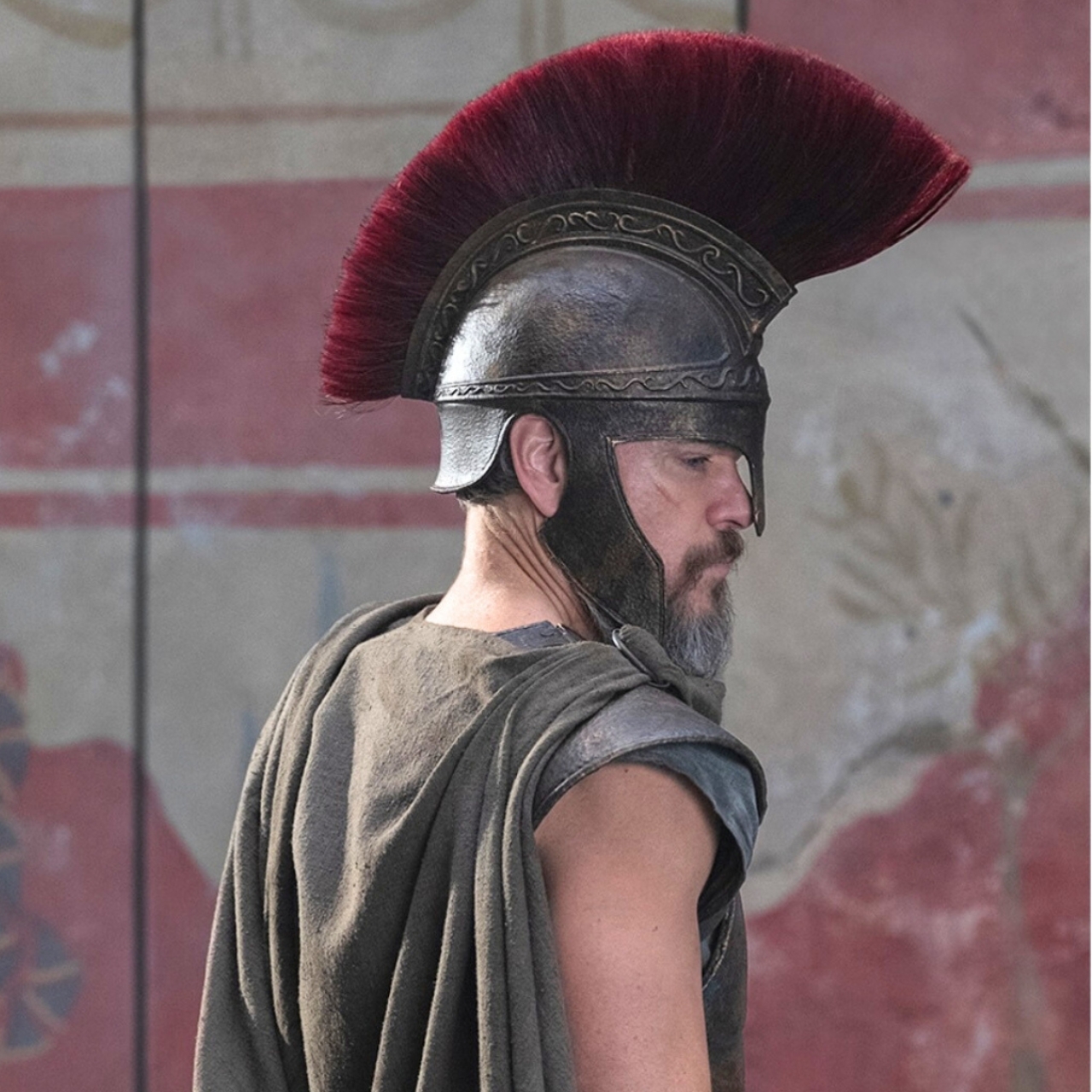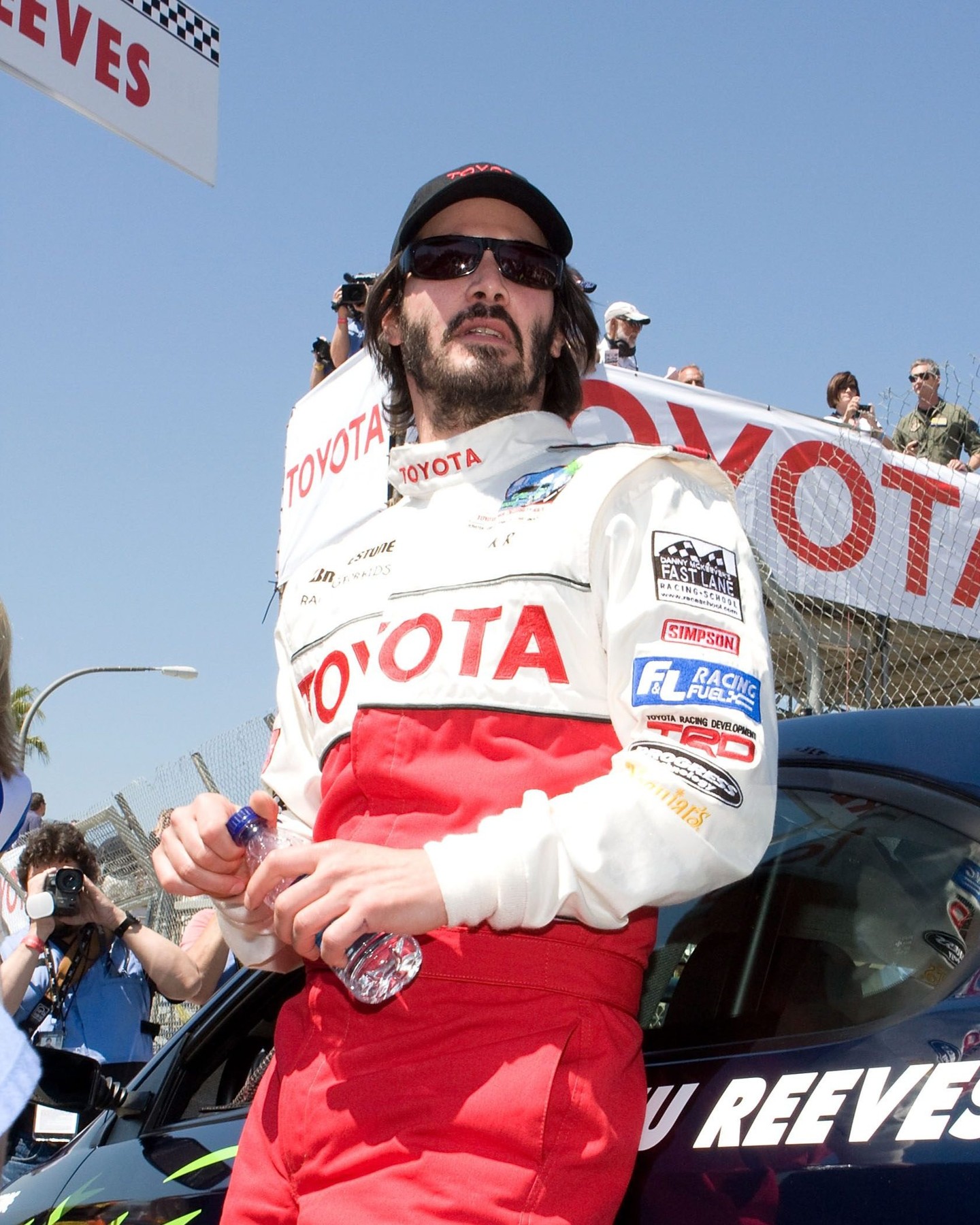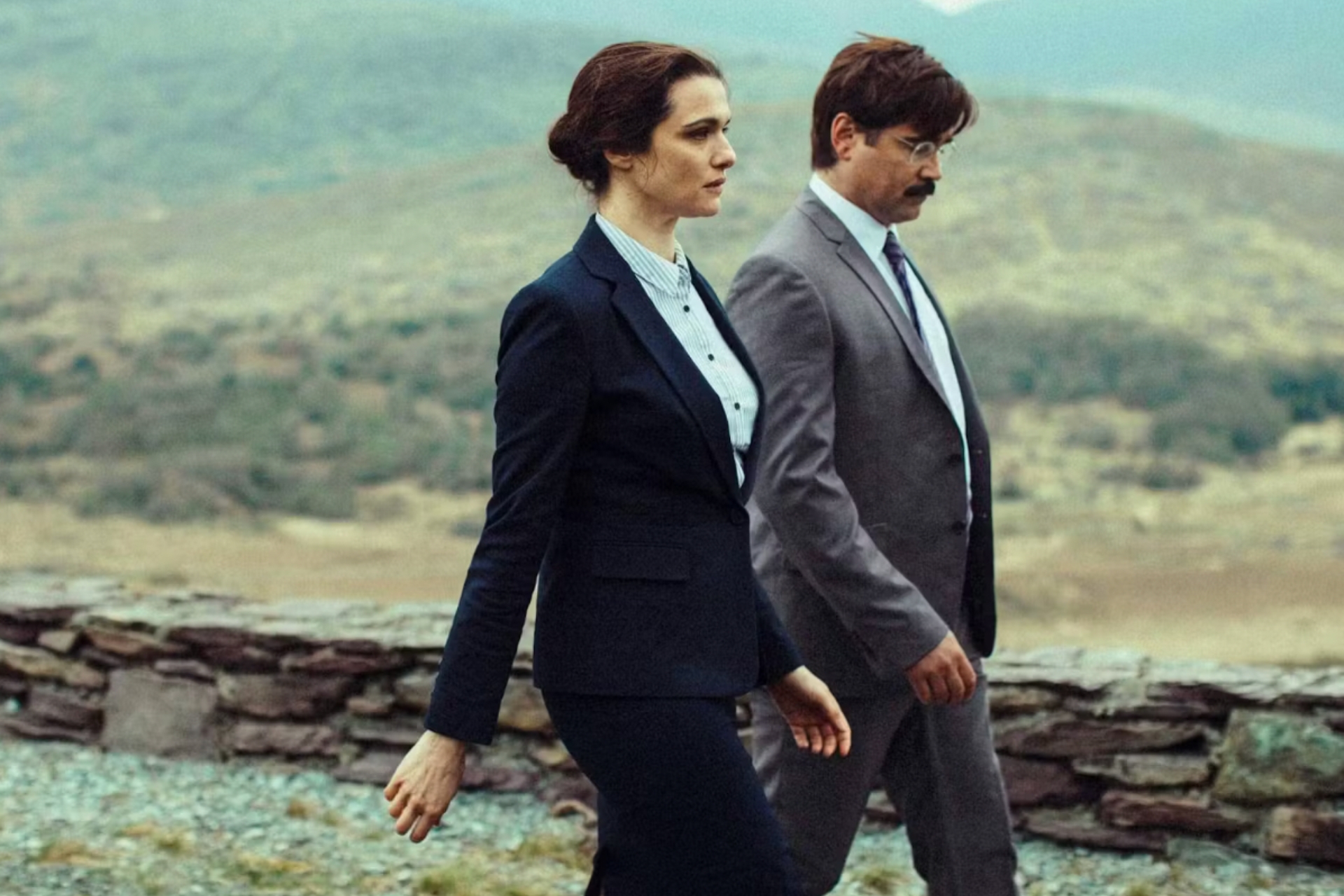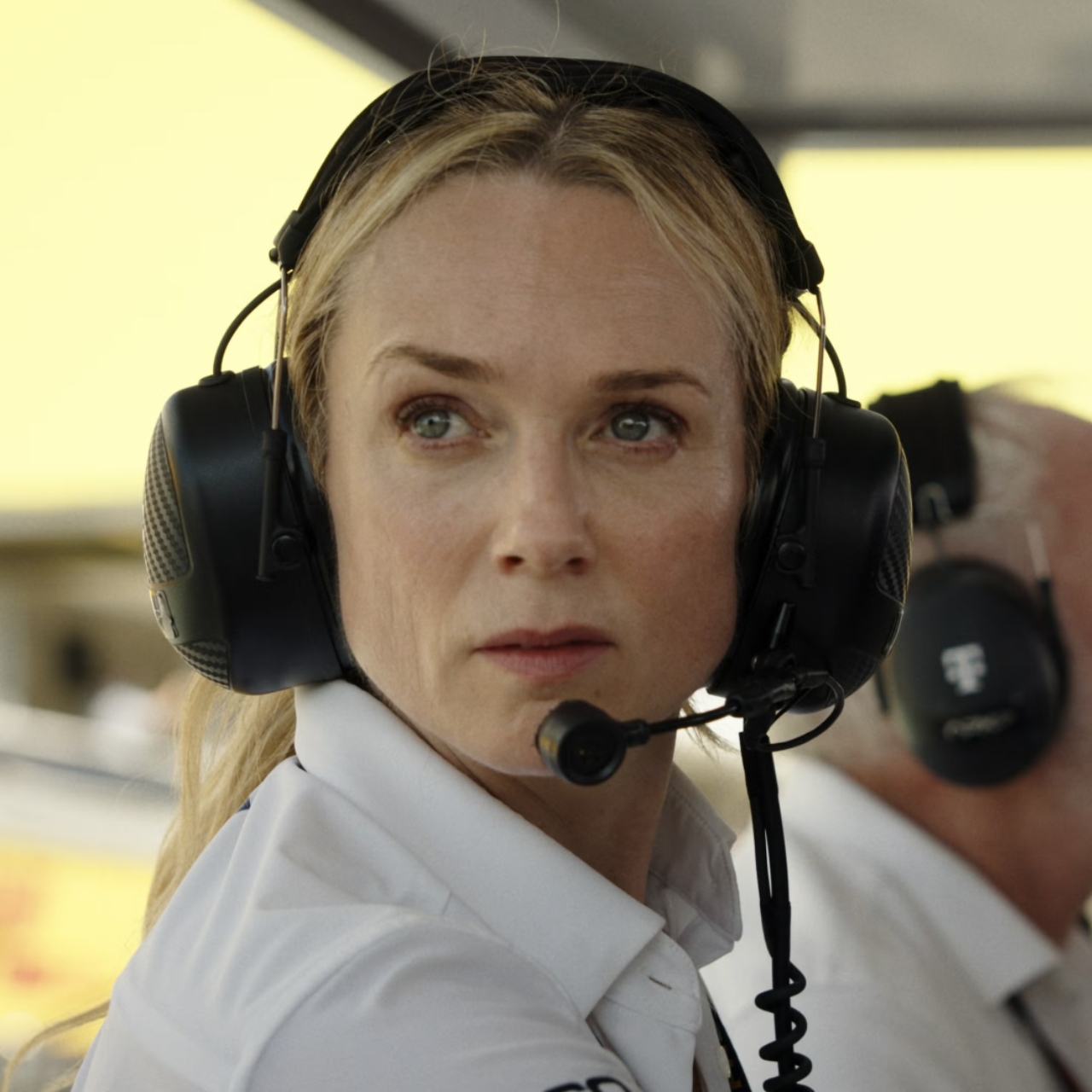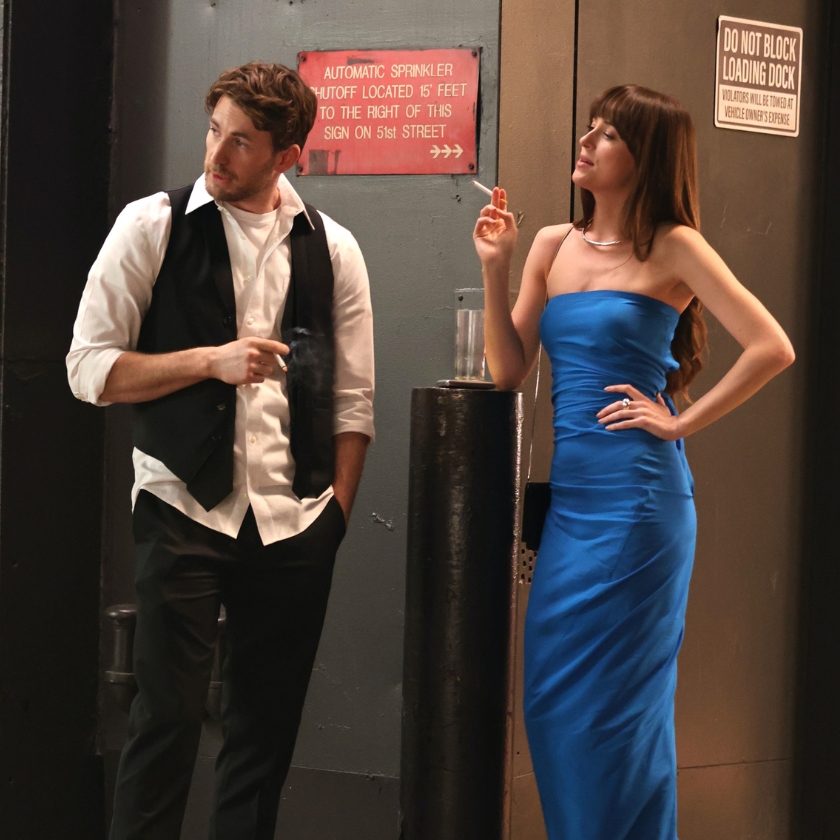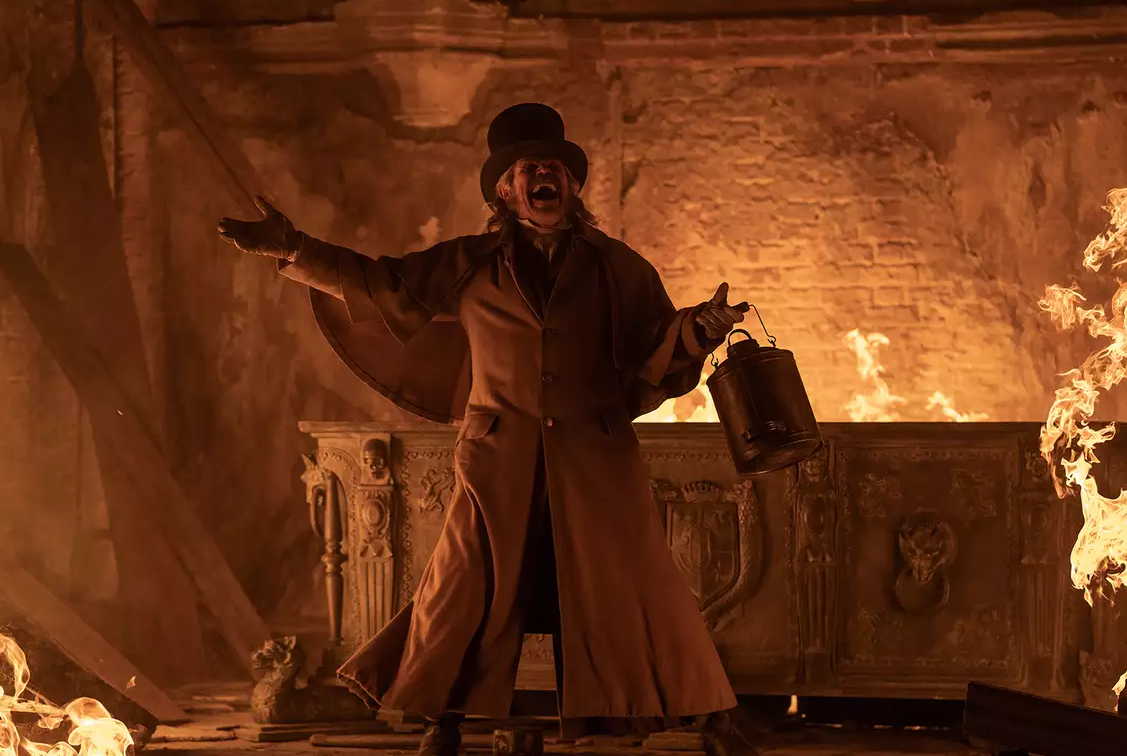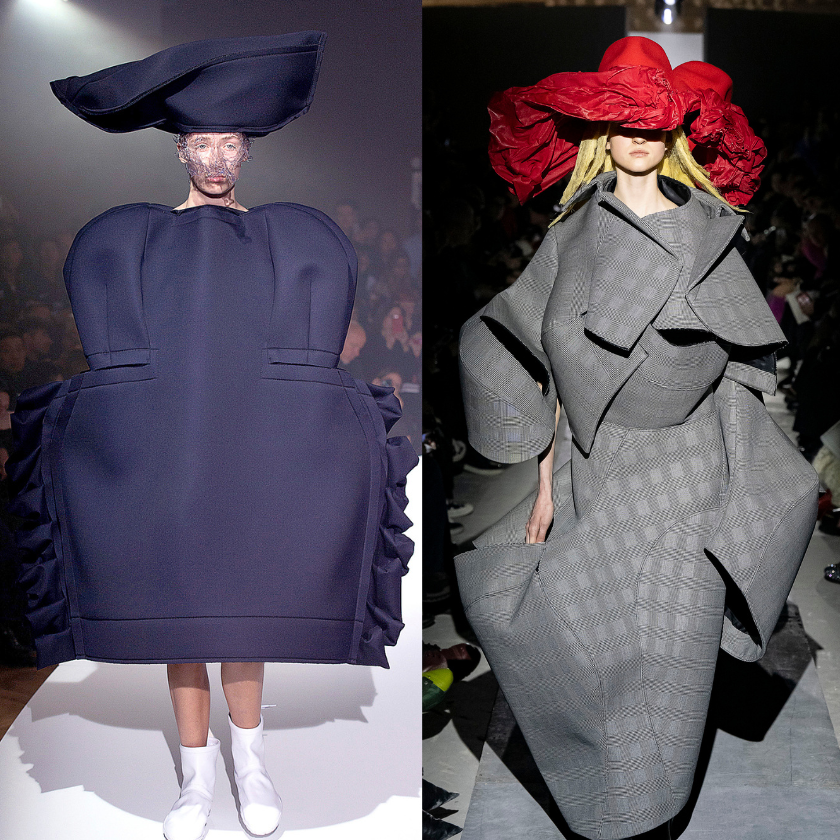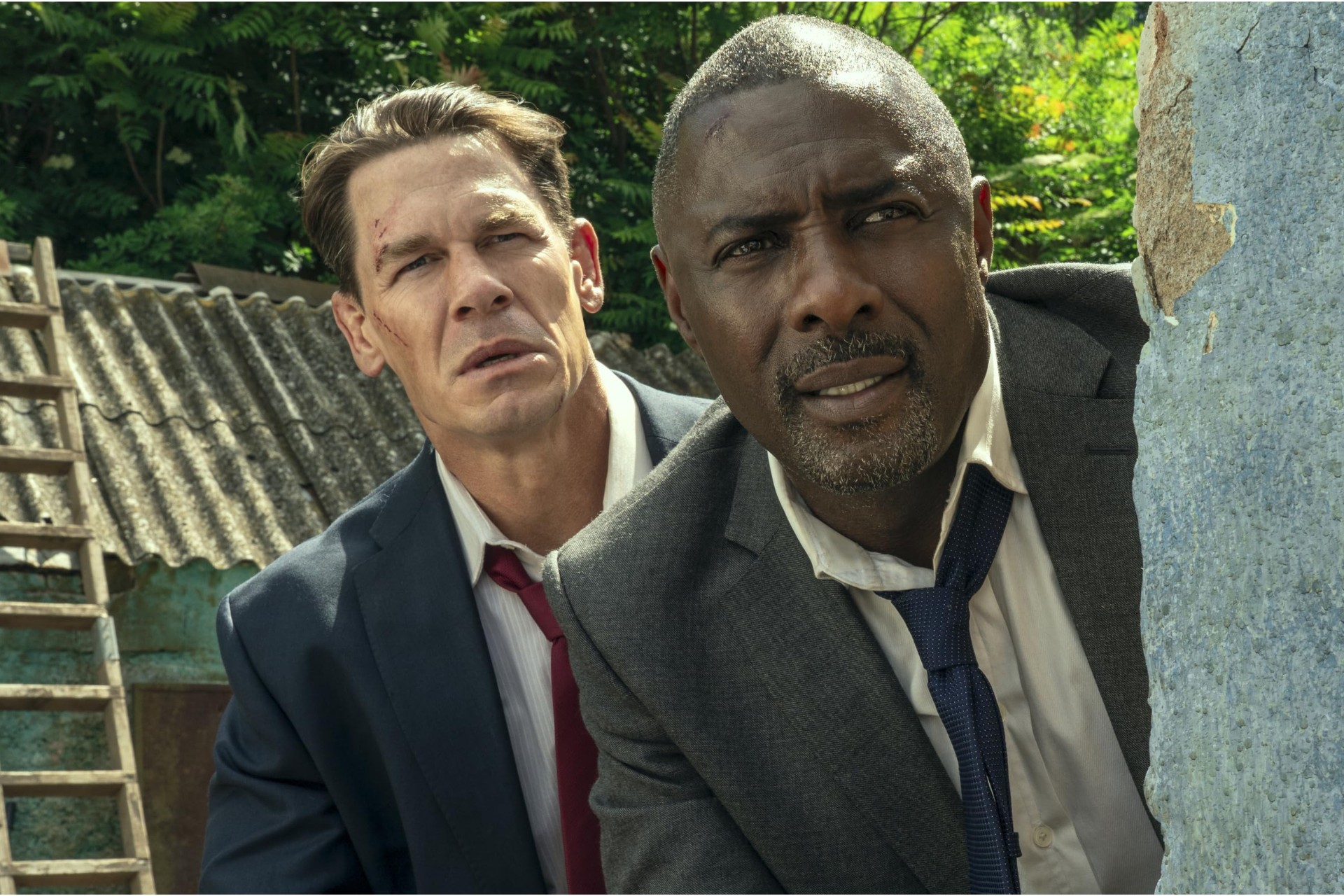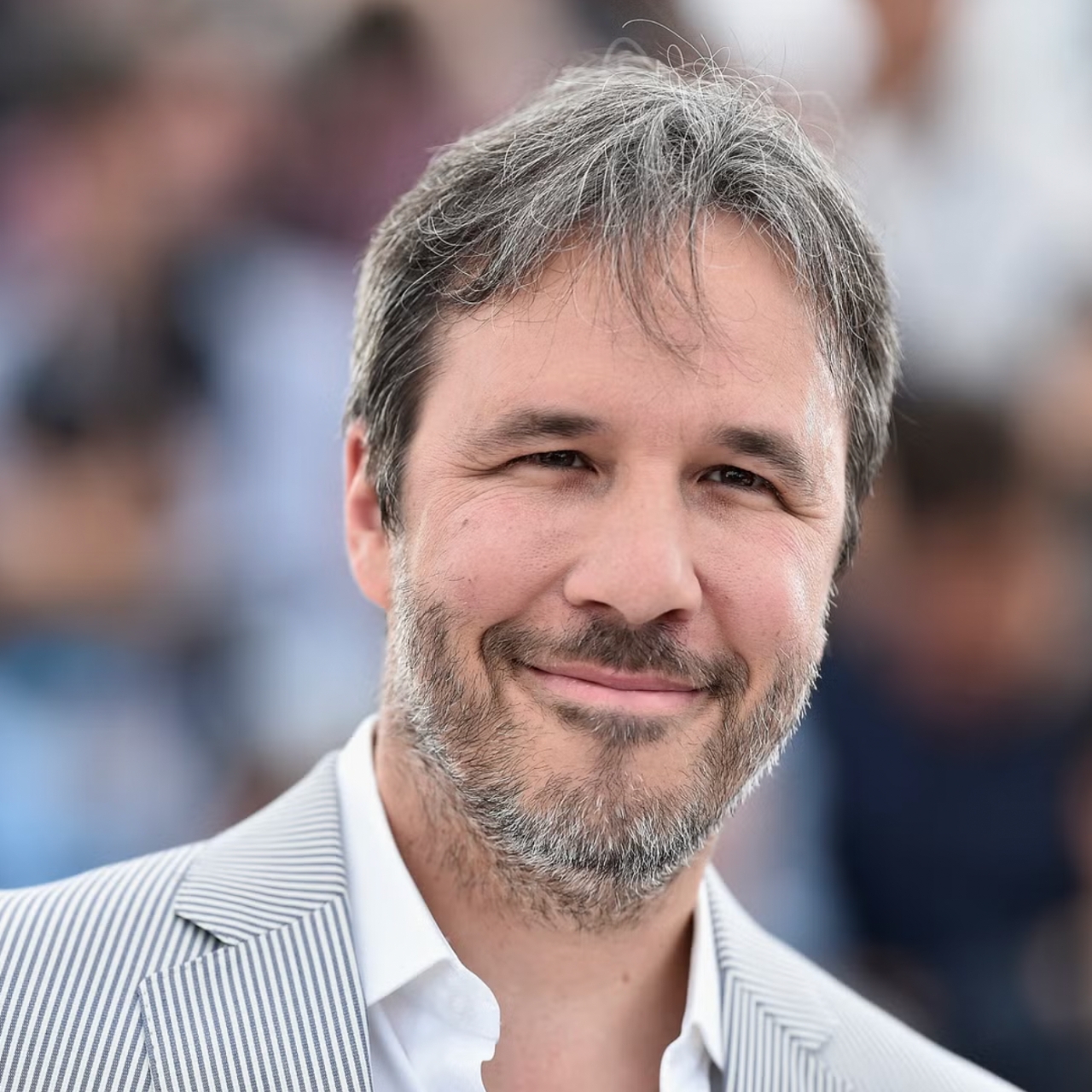The real-life subject of The Blind Side says he wasn't adopted, but manipulated into a conservatorship
Michael Oher alleges the Tuohys became his conservators, not his adoptive parents, which stopped him from earning any money from the Oscar-nominated film—while they raked in millions.
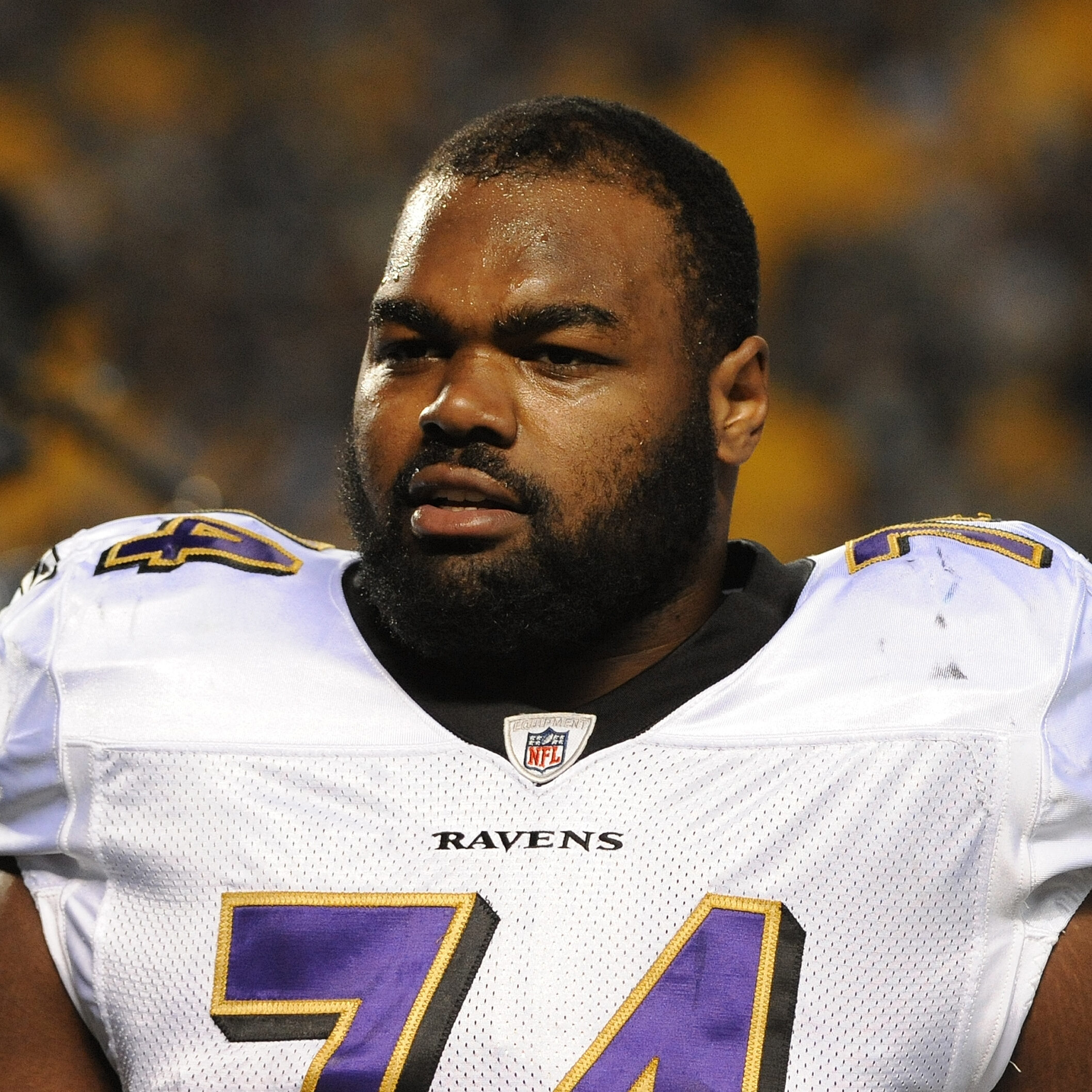
IN 2009, A not-so-little film by the name of The Blind Side took the world by storm. According to IMDb, it tells the true story of Michael Oher, “a homeless and traumatised boy who became an All-American football player and first-round NFL draft pick with the help of a caring woman [Leigh Anne Tuohy] and her family”. From a budget of USD$29 million, it made USD$309.2 million at the box office and won widespread critical acclaim, earning a Best Picture nomination at the Oscars, and winning leading lady Sandra Bullock an Oscar, Golden Globe, Critics’ Choice Award and SAG Award.
Despite its success, the film has long been plagued with controversy: Many have criticised its portrayal of its main subject, Michael Oher, as one steeped in negative racial stereotypes; and the general ‘white saviour’ narrative it touts. And now, the film has been steeped in even deeper controversy as Oher has alleged that behind the heartwarming tale is a real story of deceit and manipulation that scammed him out of millions of dollars. Oher is suing the Tuohy family for not adopting him, as was portrayed in the film, but for deceiving him into making them his conservators without his full understanding.
Read on for everything we know so far.
Why is Michael Oher suing the Tuohy family?
On Monday August 14, 2023, Michael Oher filed a 14-page petition in probate court, alleging that the Tuohys lied to him about adopting him into their family. He alleges that the family—and in particular, Leigh Anne and Sean Tuohy—never did officially adopt him, instead tricking him into a conservatorship when he was 18.
Oher alleges that the Tuohys used this conservatorship to make financial decisions on his behalf, including those relating to the creation of The Blind Side, and the financial remunerations it offered members of the family—excluding Oher, who says he earned no money from the film. Had Oher been a legal member of the Tuohy family via adoption, as he believed, he would have had control of his own finances relating to the film.
“The lie of Michael’s adoption is one upon which co-conservators Leigh Anne Tuohy and Sean Tuohy have enriched themselves at the expense of their Ward, the undersigned Michael Oher,” the petition reads. Because of that, Oher wishes to end the Tuohy’s conservatorship, for the family to stop using his name and image to promote their work (Leigh Anne Tuohy regularly tells The Blind Side story in her work as a motivational speaker), and for Oher to be given financial compensation.
“Since at least August of 2004, conservators have allowed Michael, specifically, and the public, generally, to believe that conservators adopted Michael and have used that untruth to gain financial advantages for themselves and the foundations which they own or which they exercise control,” the petition says. “All monies made in said manner should in all conscience and equity be disgorged and paid over to the said ward, Michael Oher.”
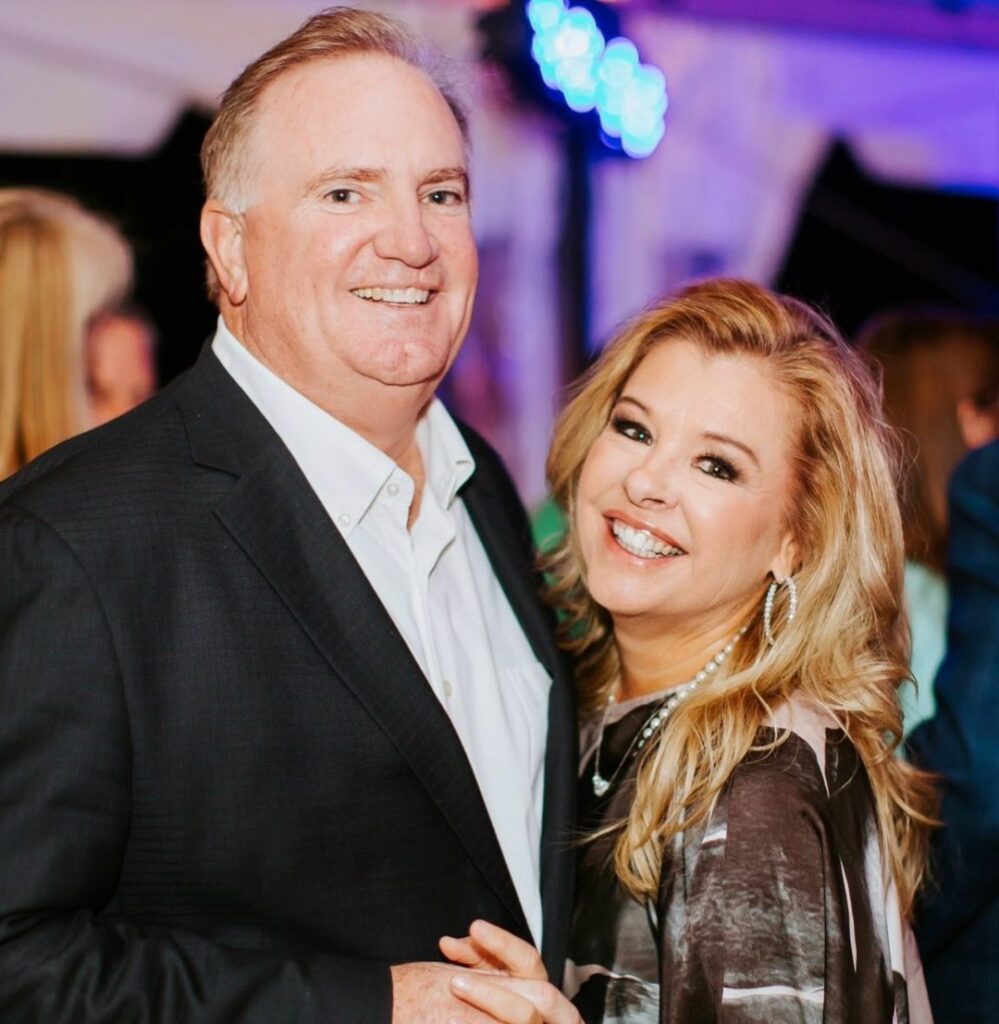
It appears that Oher was somewhat aware of the conservatorship, having written in his 2011 memoir that the Tuohys had told him conservatorship “means pretty much the exact same thing as ‘adoptive parents’, but that the laws were just written in a way that took my age into account”. However, as he hadn’t examined the conservatorship until he retired from the NFL in 2016, and only discovered earlier this year that he had never been adopted by the Tuohys, he wasn’t aware of the consequences of the conservatorship.
Sean Tuohy has responded to the allegations, telling The Daily Memphian that he and wife Leigh Anne are “devastated”.
“It’s upsetting to think we would make money off any of our children. But we’re going to love Michael at 37 just like we loved him at 16,” he said, adding that if Oher wants to end the conservatorship, they will do so. “We’re not in this for anything other than whatever he wants. If he’d have said, ‘I don’t want to be part of the family anymore,’ we’d have been very upset, but we absolutely would have done it.”
Tuohy also gave his reasons for why he and Leigh Anne made themselves Oher’s conservators, but did not directly address Oher’s accusation that they did so through deception. “Michael was obviously living with us for a long time, and the NCAA didn’t like that,” Tuohy explained, referring to the National Collegiate Athletics Association. “They said the only way Michael could go to Ole Miss was if he was actually part of the family. I sat Michael down and told him, ‘If you’re planning to go to Ole Miss—or even considering Ole Miss—we think you have to be part of the family. This would do that, legally.’ We contacted lawyers who had told us that we couldn’t adopt over the age of 18; the only thing we could do was to have a conservatorship. We were so concerned it was on the up-and-up that we made sure the biological mother came to court.”
How did Michael Oher find out he was not adopted?
Per NBC, Oher’s lawyer, J. Gerard Stranch IV, discovered the conservatorship document in February 2023, which led to Oher discovering that he had not been adopted, as he was led to believe, but rather entered into a conservatorship.
“Oher discovered this lie to his chagrin and embarrassment in February of 2023, when he learned that the Conservatorship to which he consented on the basis that doing so would make him a member of the Tuohy family, in fact provided him no familial relationship with the Tuohys,” the petition claims.
“Mike didn’t grow up with a stable family life,” Oher’s lawyer Stranch told ESPN. “When the Tuohy family told Mike they loved him and wanted to adopt him, it filled a void that had been with him his entire life. Discovering that he wasn’t actually adopted devastated Mike and wounded him deeply.”
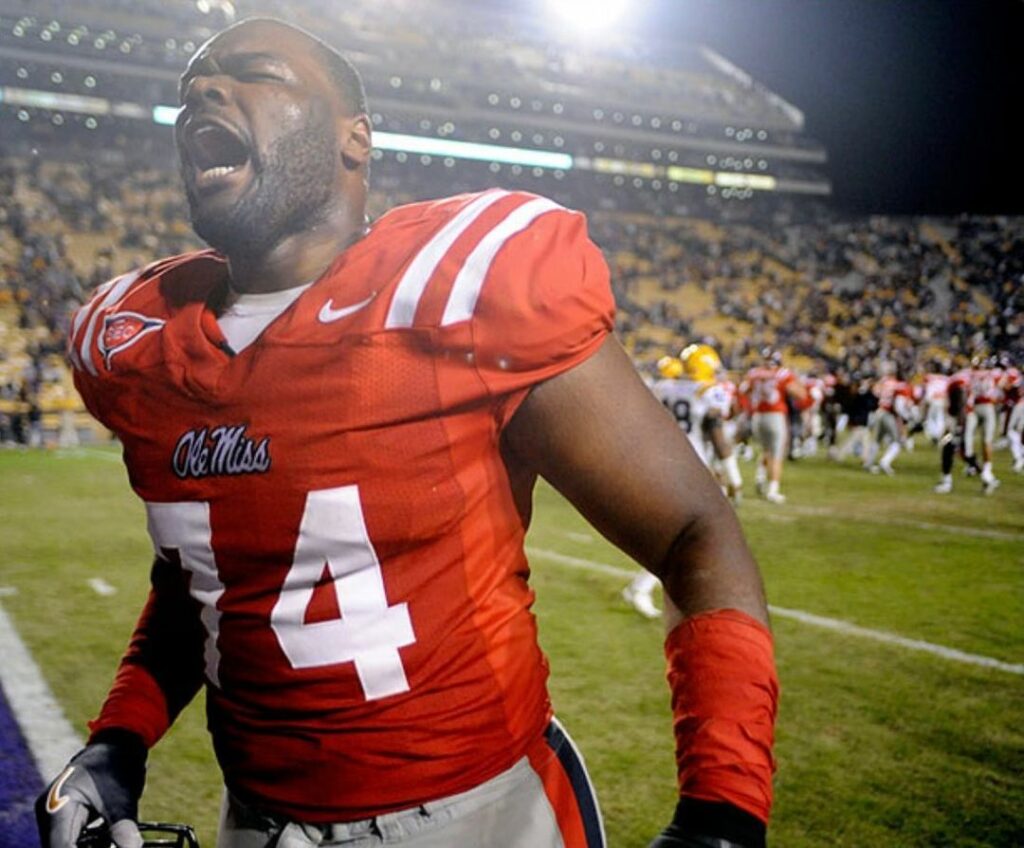
How much did the Tuohys make from The Blind Side?
According to Oher’s petition, the four members of the Tuohy family—parents Leigh Anne and Sean, and children Collins Tuohy and Sean Tuohy Jr.—each received USD$225,000 (approximately AUD$346,000) as well as 2.5 per cent of “defined net proceeds” from The Blind Side. ESPN writes that Oher allegedly signed a seperate contract in 2007 giving 20th Century Fox his life rights “without any payment whatsoever”. Oher says he doesn’t remember signing that contract, and if he did, he was not warned of the implications.
Speaking to The Daily Memphian, Sean Tuohy alleged that the family “didn’t make any money off the movie,” before ceding, “well, Michael Lewis (the author of the book The Blind Side) gave us half of his share. Everybody in the family got an equal share, including Michael. It was about $14,000, each.”
What did Michael Oher think of The Blind Side?
Oher has acknowledged the impact of The Blind Side on his life and is grateful for certain elements of that impact, but also wrote in his new memoir When Your Back’s Against The Wall, “the experience surrounding the story has also been a large source of some of my deepest hurt and pain over the past 14 years”. He has spoken out in the past about his disagreements with the film’s portrayal of him, saying that “some NFL decision-makers assumed he was mentally slow, or lacked leadership skills” because the film made him out to be “unintelligent”.
“People look at me, and they take things away from me because of a movie,” Oher told ESPN in 2015. “They don’t really see the skills and the kind of player I am.”
“Mike’s relationship with the Tuohy family started to decline when he discovered that he was portrayed in the movie as unintelligent,” his lawyer, J. Gerard Stranch IV, said. “Their relationship continued to deteriorate as he learned that he was the only member of the family not receiving royalty checks from the movie, and it was permanently fractured when he realised he wasn’t adopted and a part of the family.”
What is a conservatorship?
You may have recently heard of conservatorships in the context of Britney Spears, who was involuntarily placed under one in 2008 by a judge, with her father serving as her conservator. After a lengthy battle, she was freed from her conservatorship in November 2021. Now the term has reappeared in our collective minds with the story of Michael Oher.
A conservatorship is a court-ordered arrangement that appoints someone to make personal and financial decisions on your behalf. They’re typically arranged for people who are not considered capable of making these decisions for themselves. Australia doesn’t have conservatorship laws (but individual states allow for the management of someone else’s legal, financial and personal affairs if they are unable or vulnerable), but they do exist in the United States. According to Forbes, “getting a conservatorship approved is a lengthy legal process that involves proving the person no longer has the capacity to make decisions on their own, referring to mental incapacity. This incapacity can be due to coma, illness or a permanent disability”.












